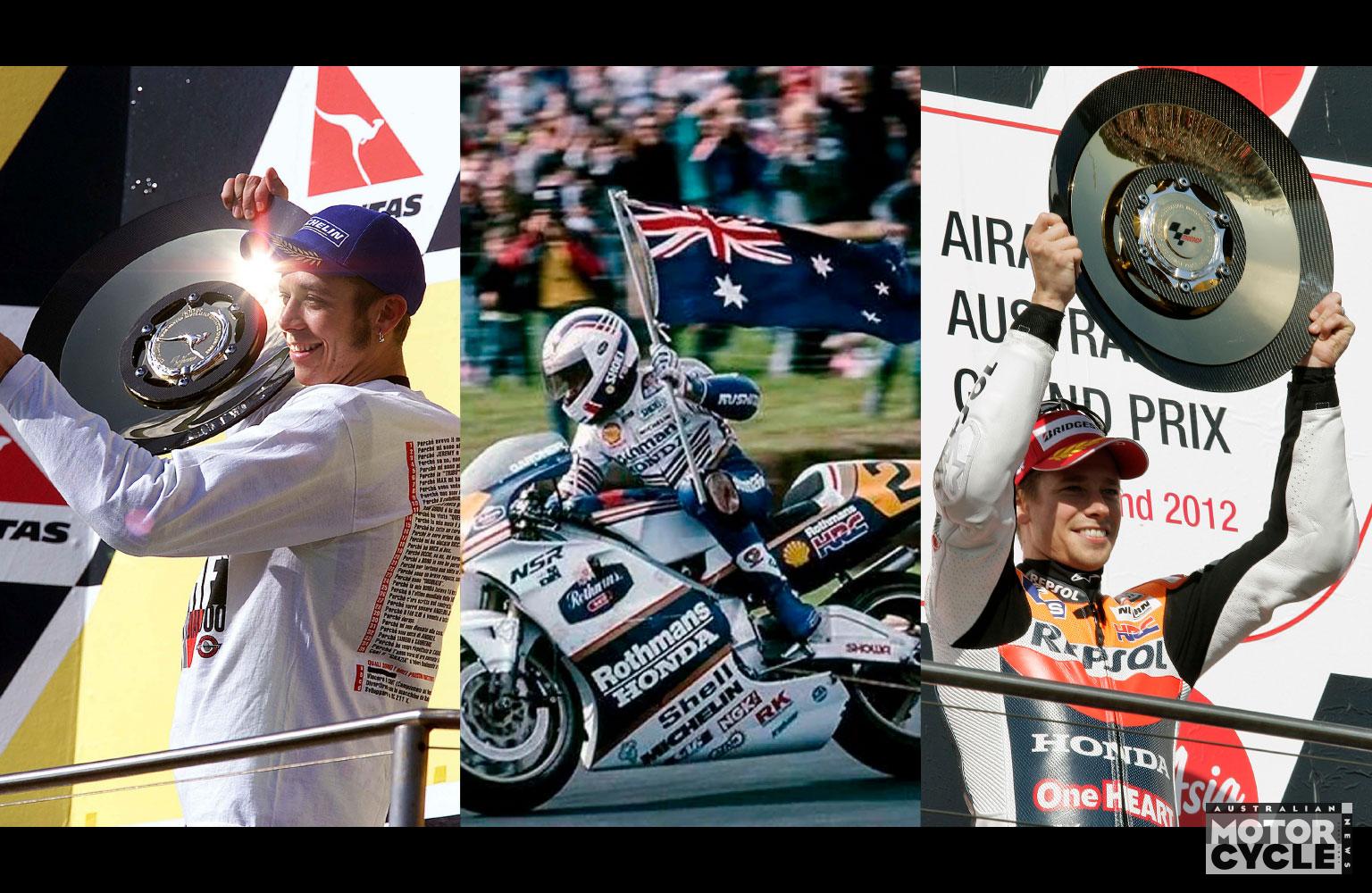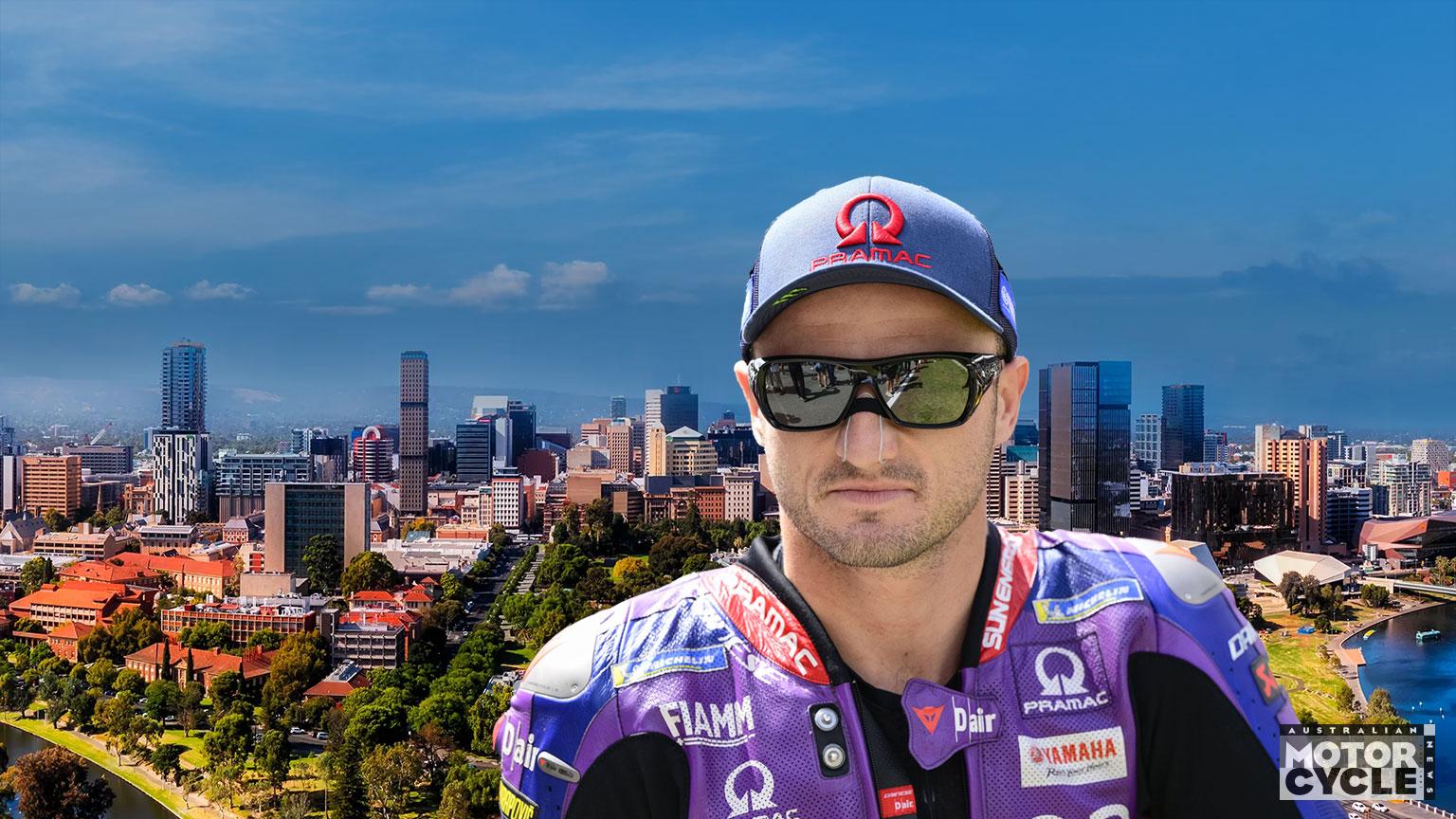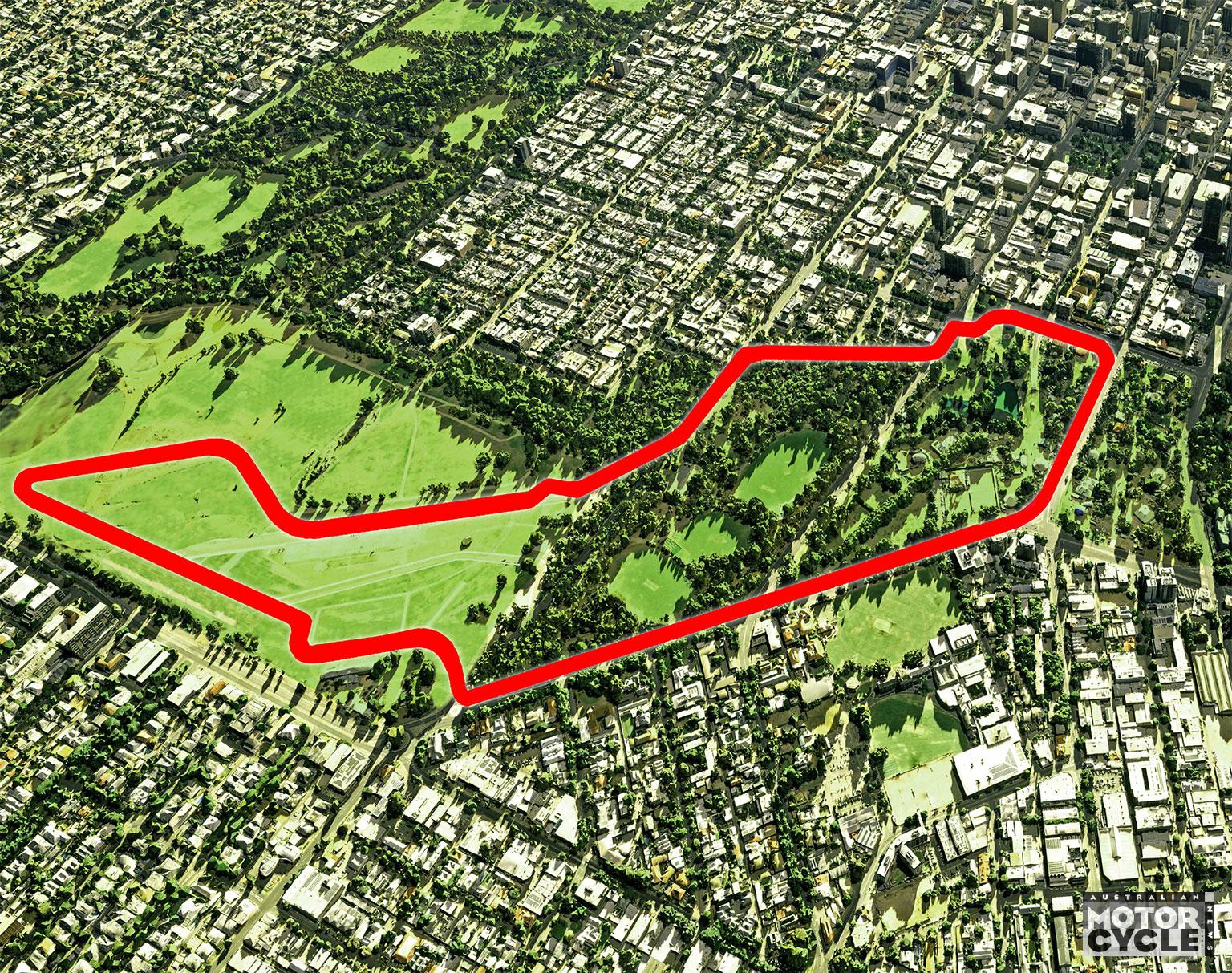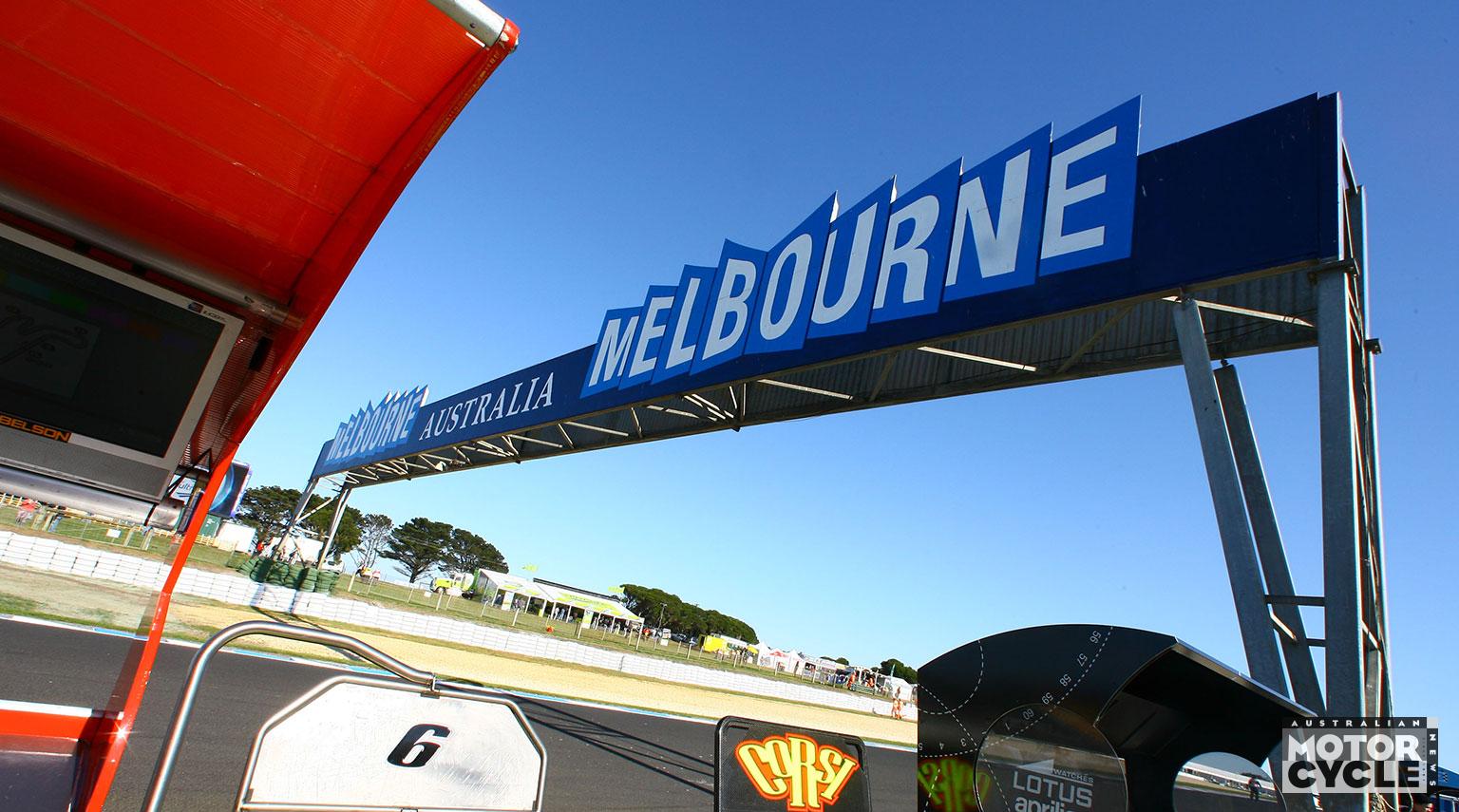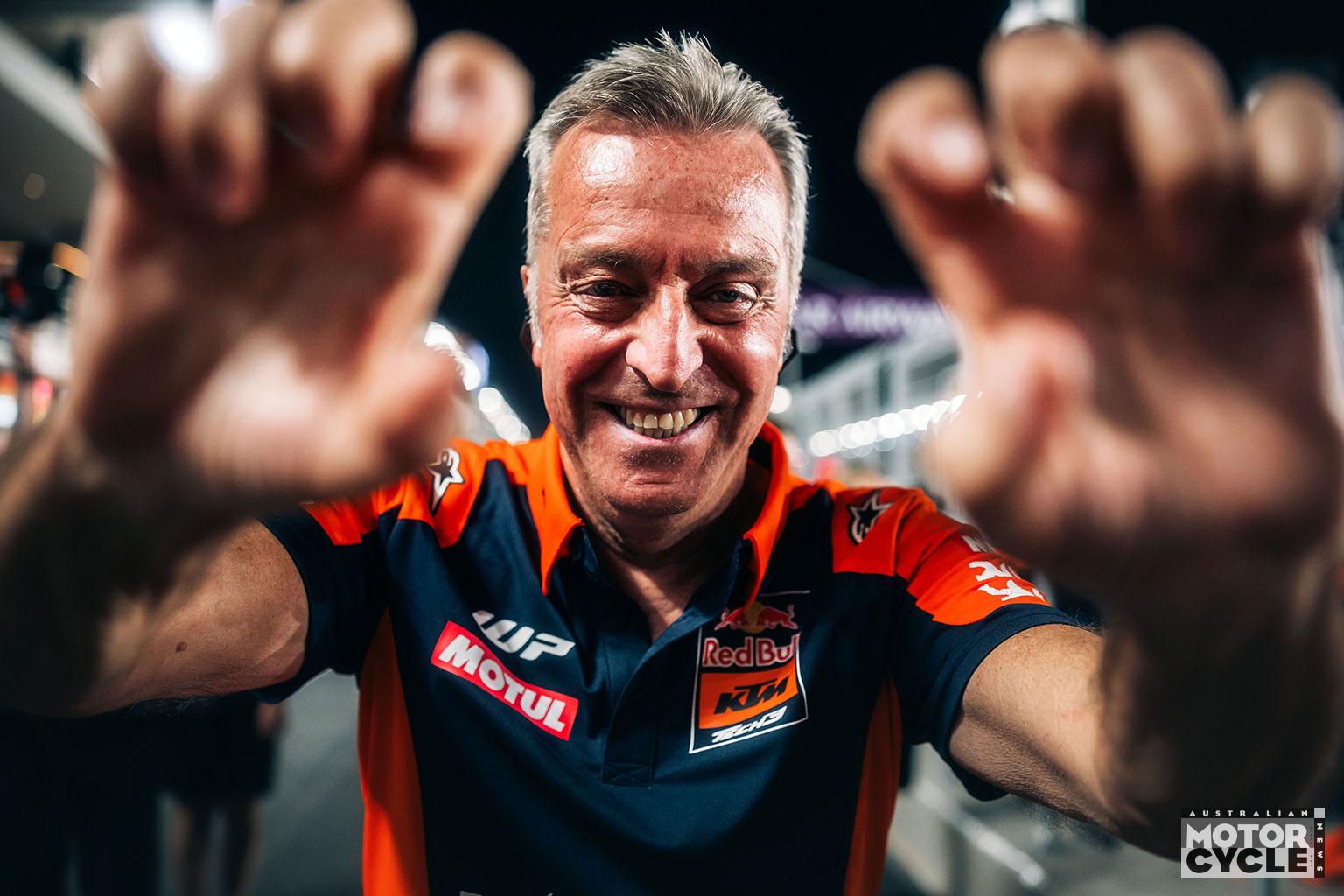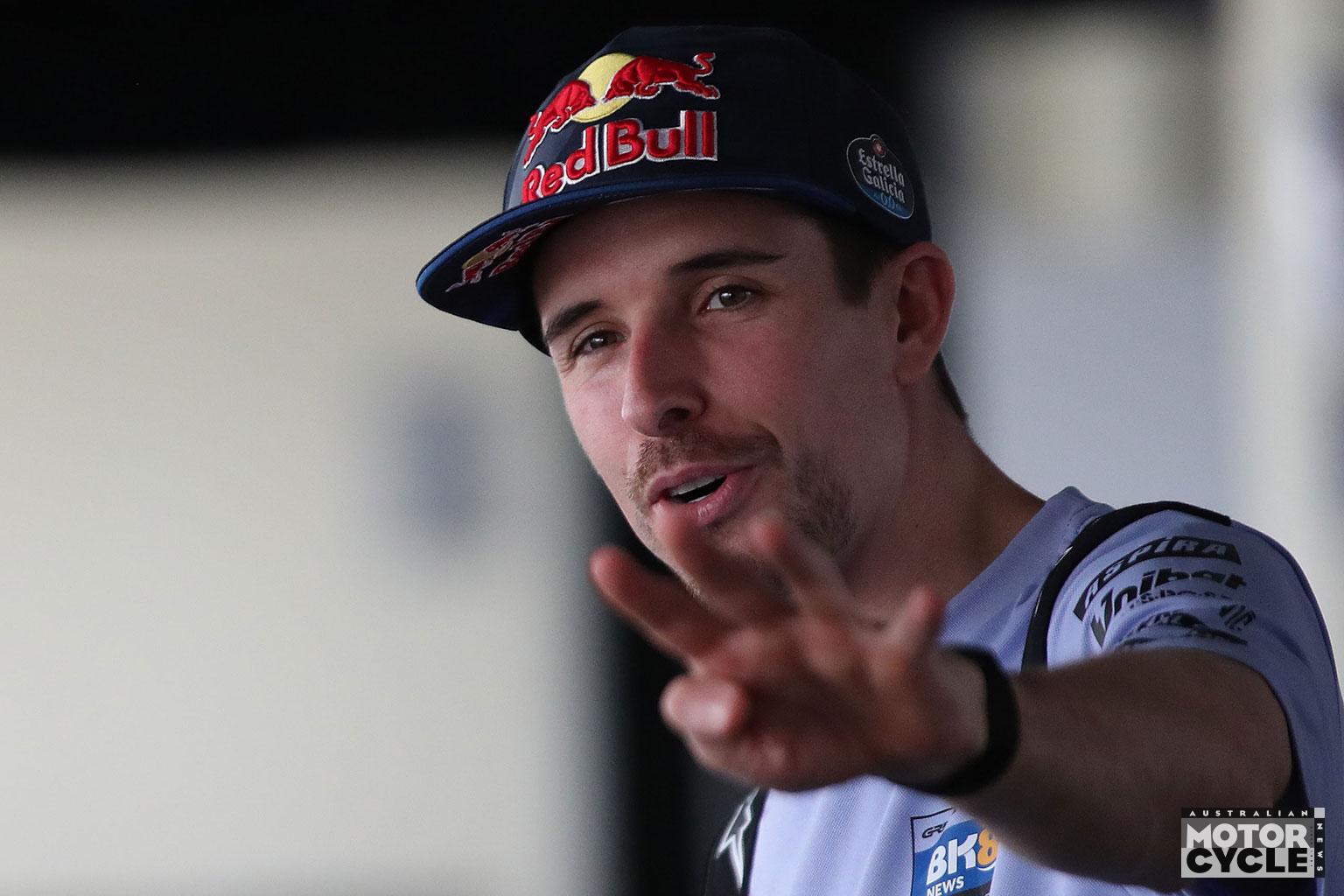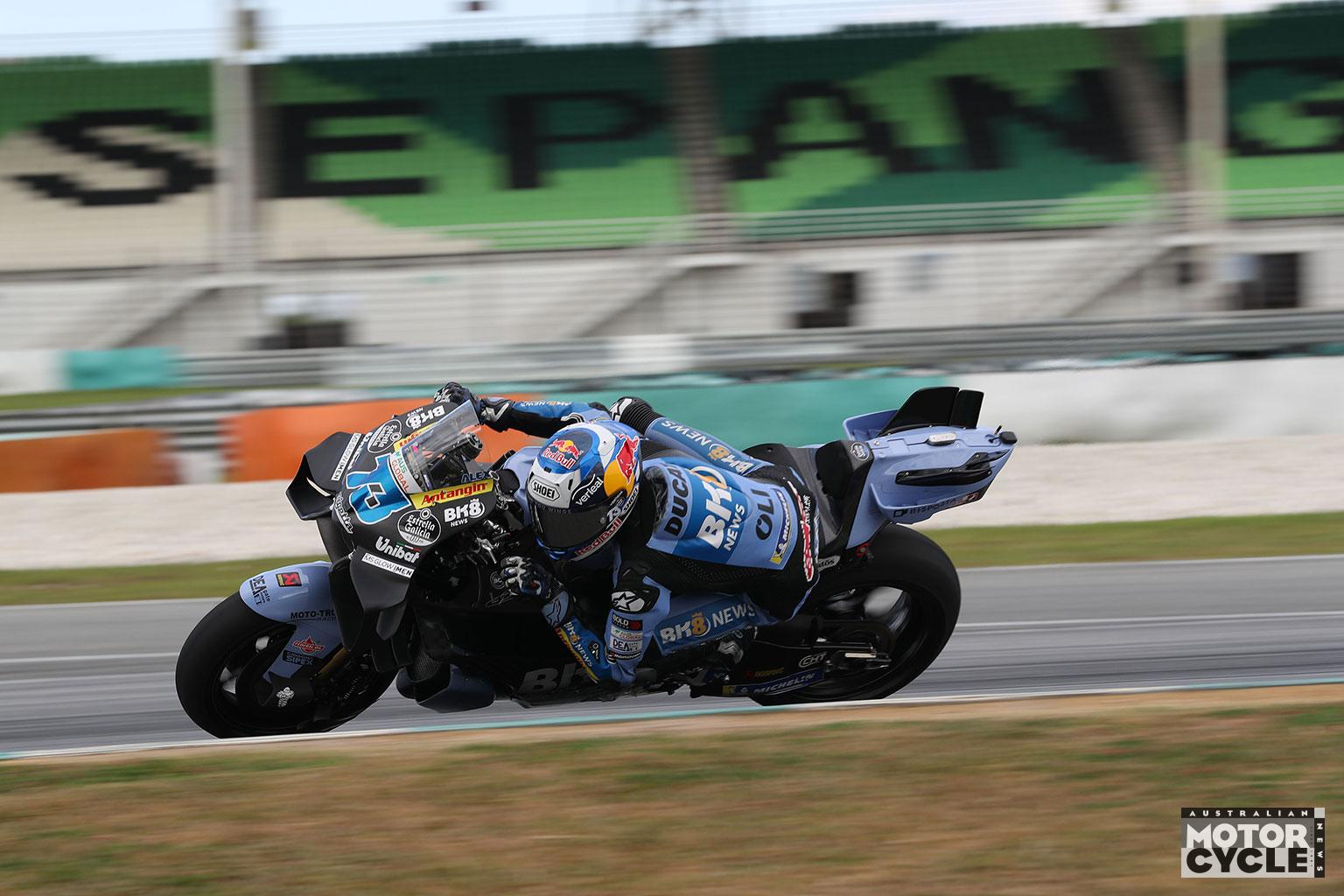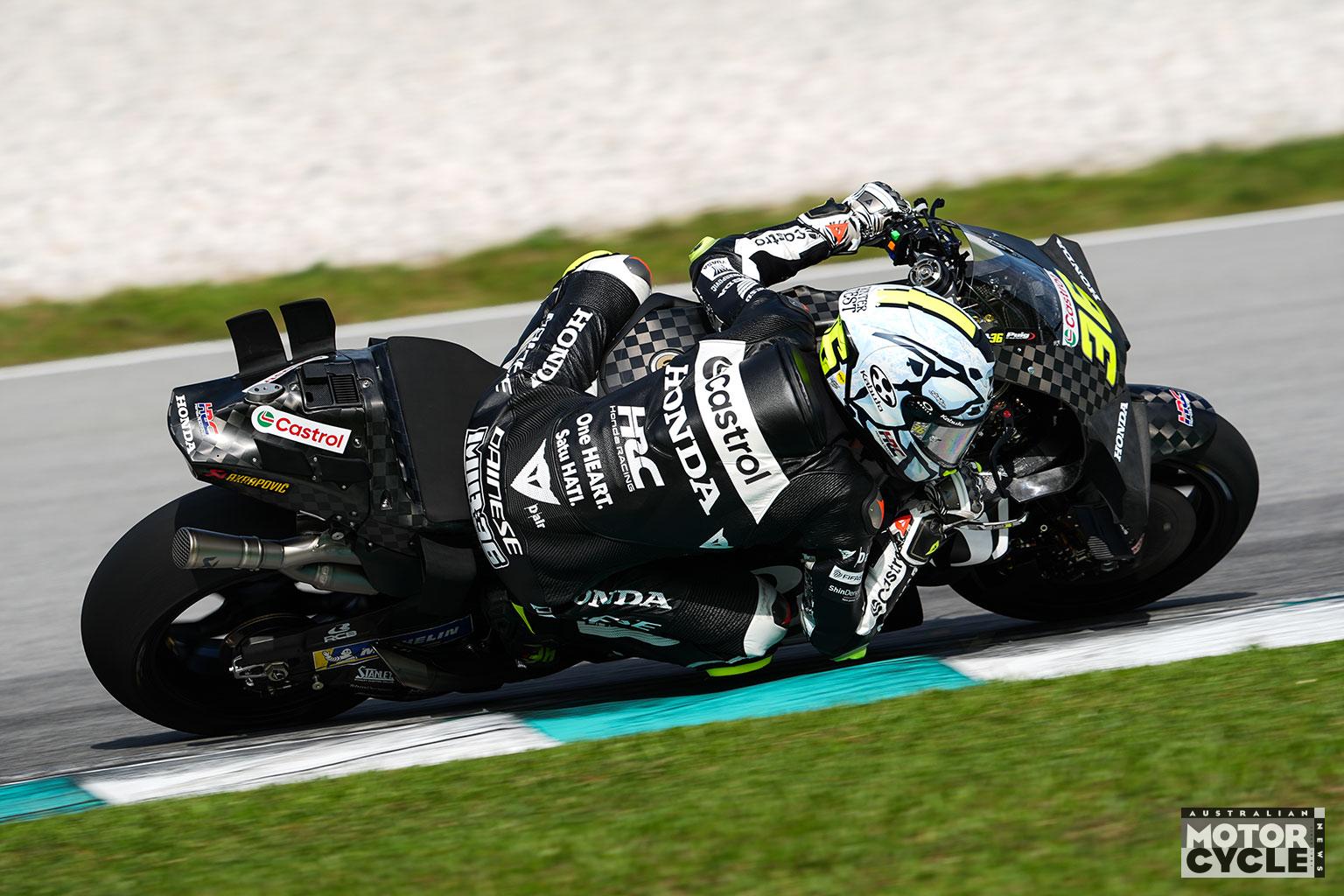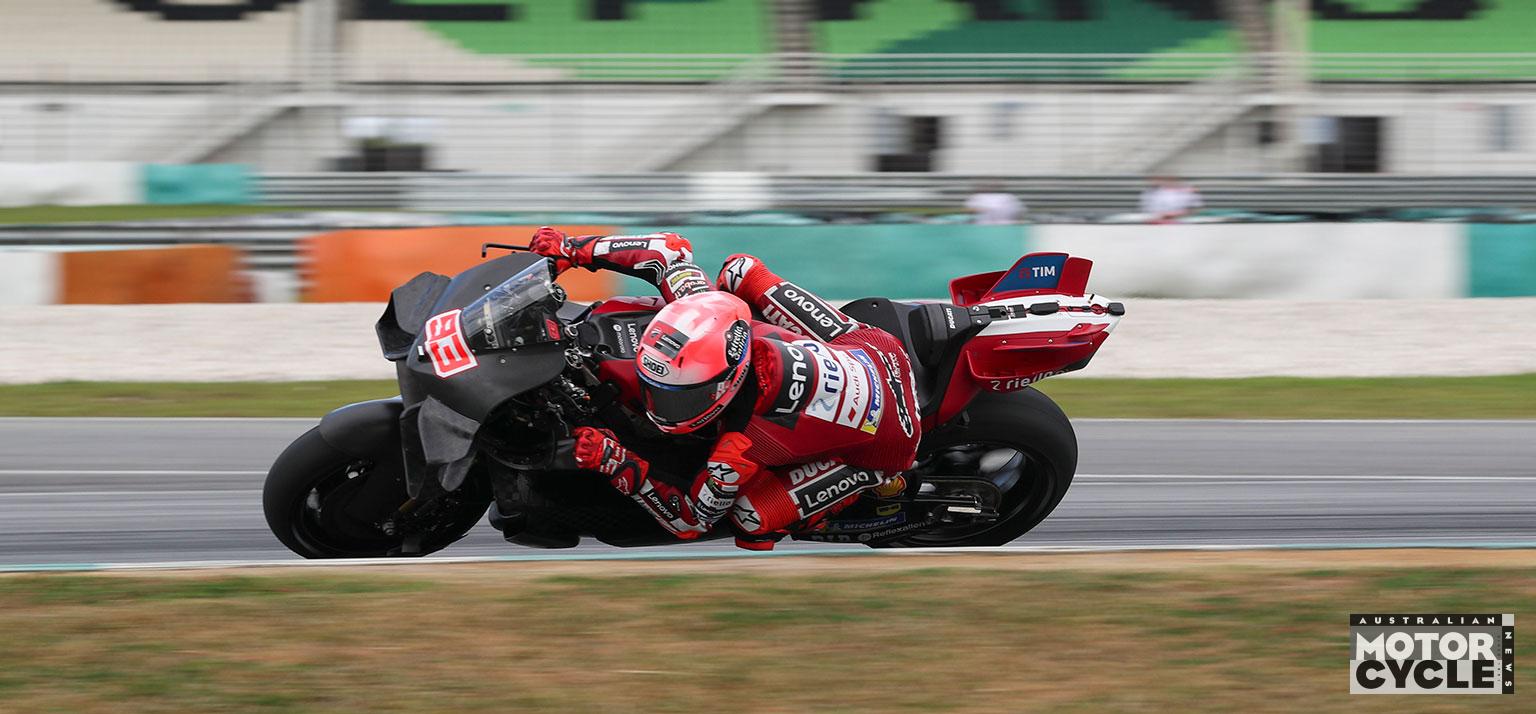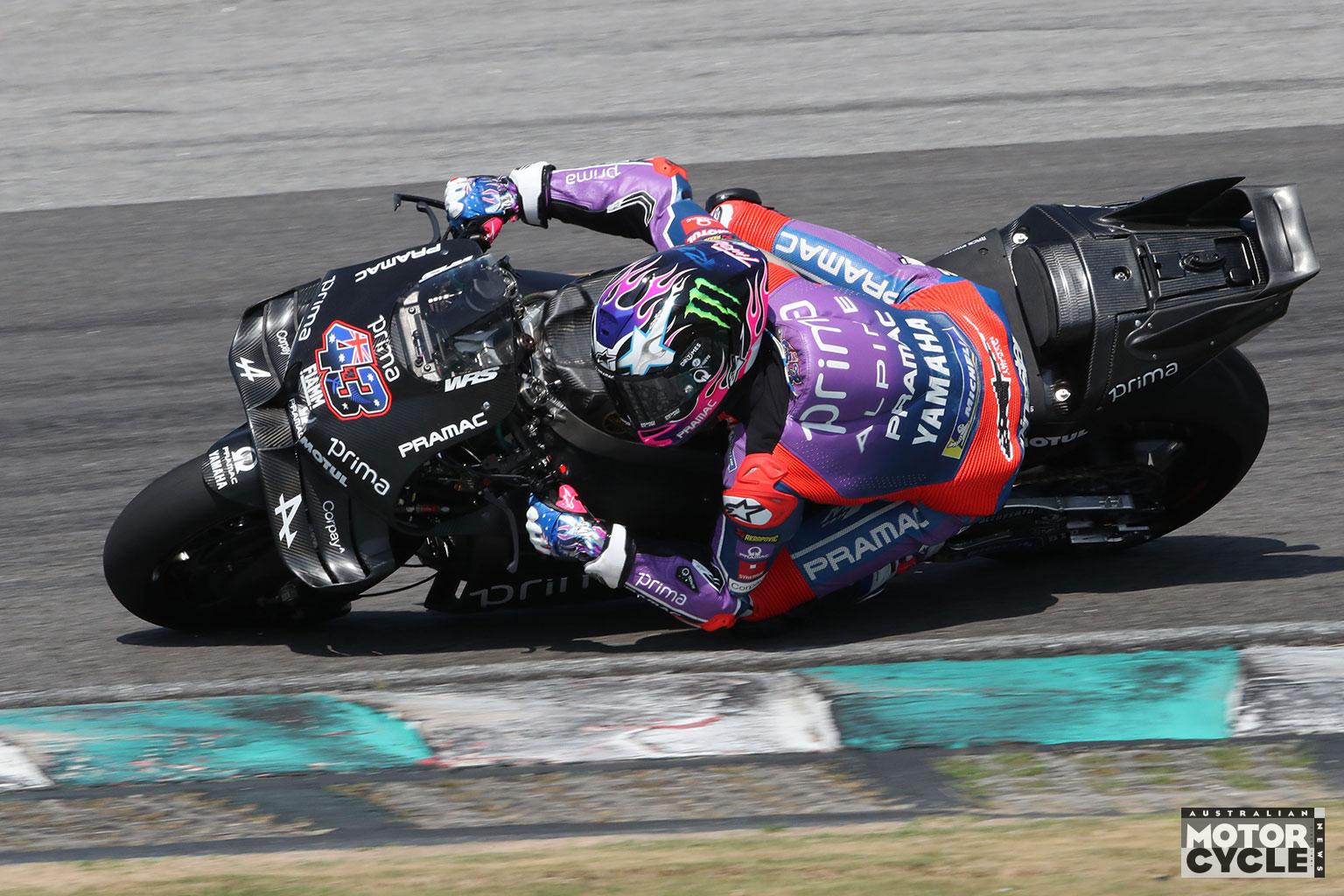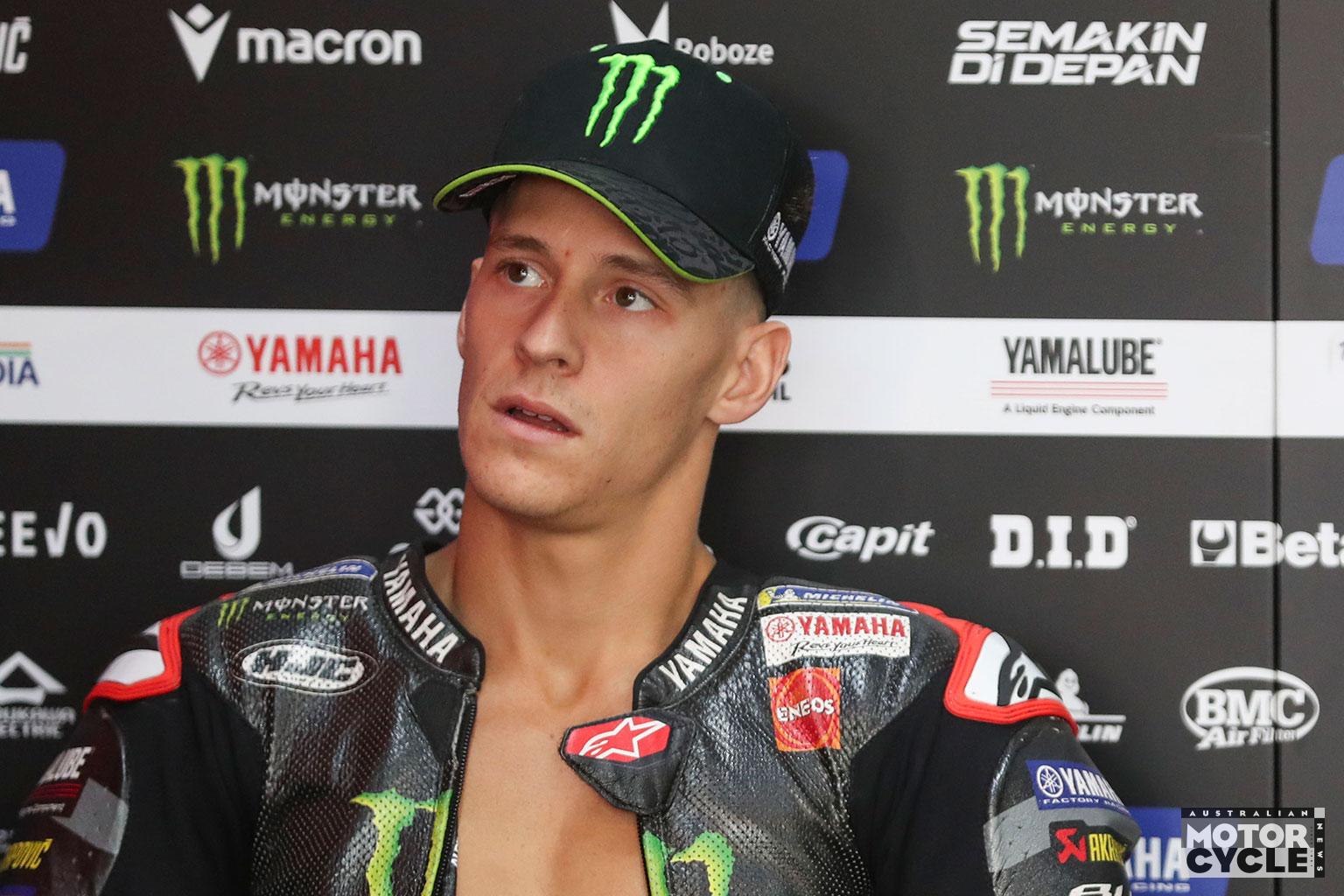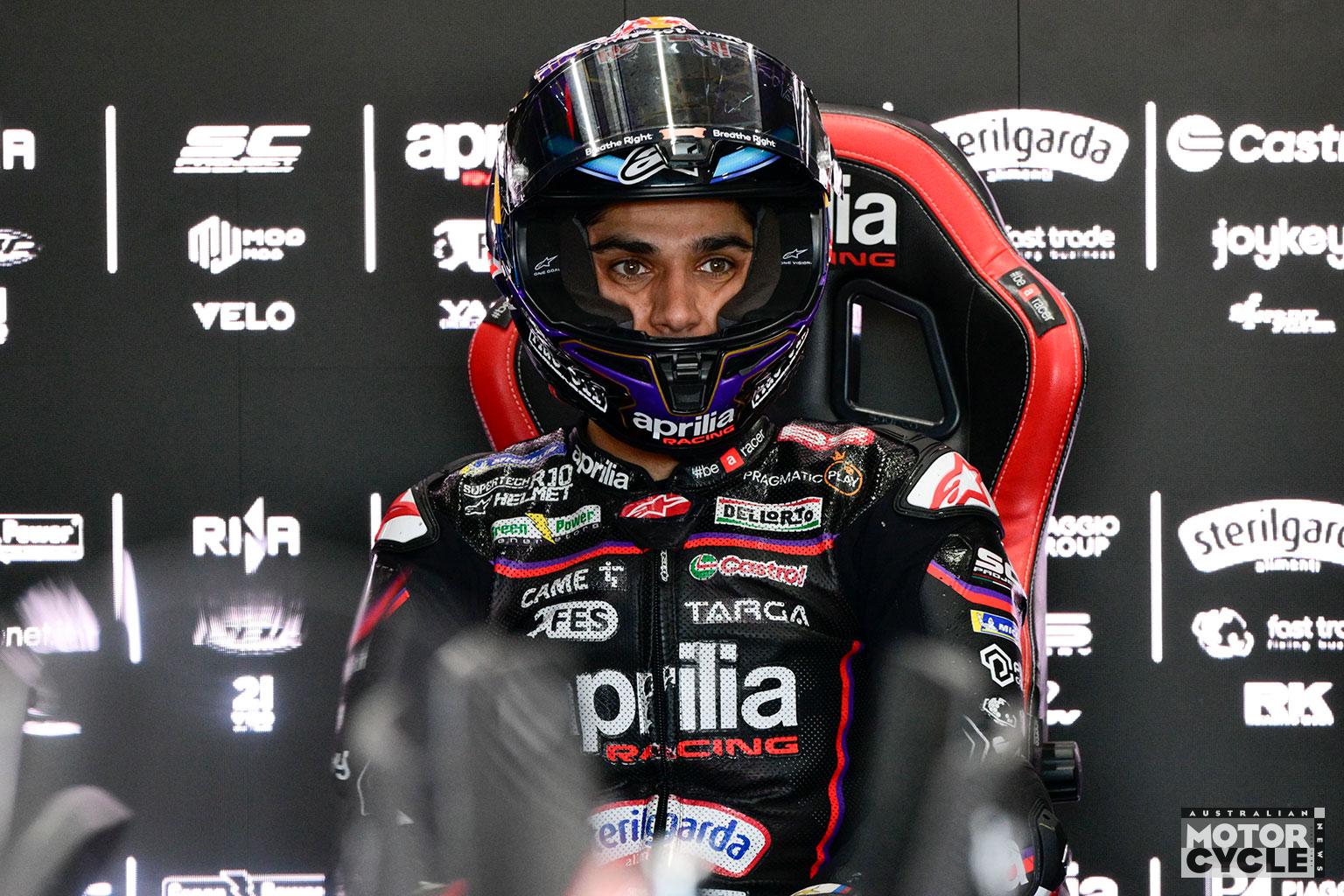There was a major shift in the dynamics of MotoGP during 2017 as the factories really got to grips with the new technical rules introduced the previous season. Some prospered, others struggled, while the overall competition got closer and tighter than ever before. The big trick was the same as it had been in 2016 – to find the right bike balance with tyres that offer a very narrow performance window. The big target for 2018 is to improve mid-corner turning to better prepare the corner exit and thus reduce wheelspin.
APRILIA
Wins 0
Points 64
Final position Sixth
Aprilia’s second season with its first full prototype since the RS Cube triple was an up-and-down affair. But MotoGP’s smallest factory team learnt plenty with the RS-GP.
The team’s highlight was Aragon, where Aleix Espargaró finished sixth, less than seven seconds behind winner Marc Márquez, a difference of just three tenths a lap.
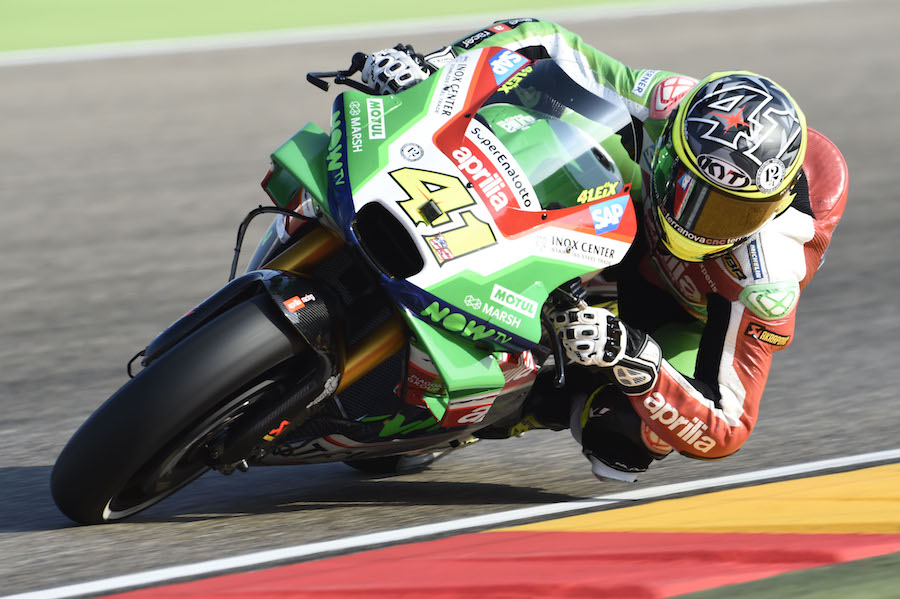
DUCATI
Wins 6
Points 310
Final position 3rd
Until 2017, the only time Ducati ever challenged for the MotoGP title was with Casey Stoner on board. In Gigi Dall’Igna’s fourth year with the factory, Andrea Dovizioso fought for the crown right down to the final race, while Jorge Lorenzo showed he will be a title threat in 2018.
Much was made of the fact that Dovi overshadowed the superstar signing, but this was to be expected in Lorenzo’s first year on a Desmosedici, after nine years on Yamaha’s M1. Ducati signed him because he’s a proven champion and because his sensitive riding style would help transform the Desmosedici from malevolent motorcycle to a more tractable track weapon.
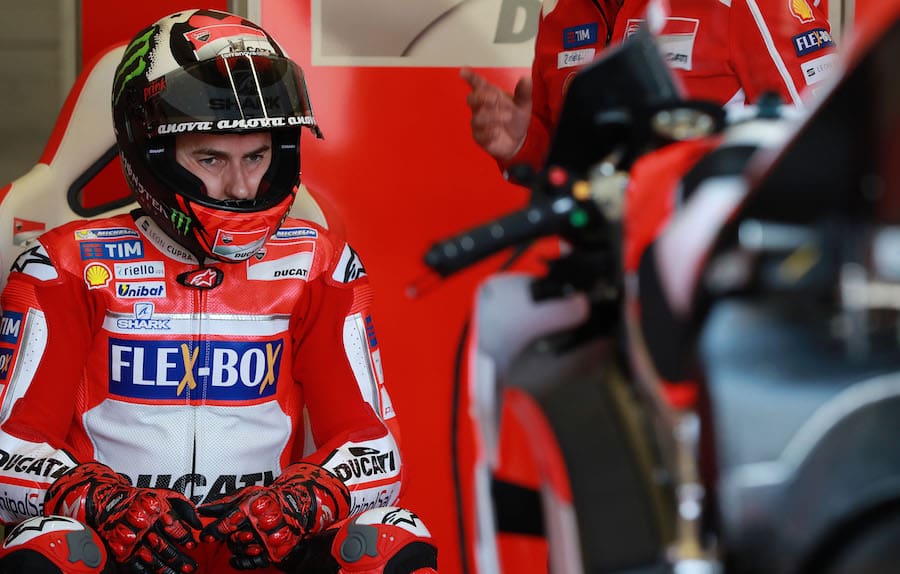
HONDA
Wins 8
Points 357
Final position 1st
Marc Márquez was once again Honda’s stand-out performer, but Honda didn’t only win the riders title, they also won the Constructor and Team championships. While the performances of fellow HRC rider Dani Pedrosa didn’t get the headlines, he scored the second highest number of podiums in the MotoGP field.
This was impressive, given that Honda started the season with a new big-bang engine. This is reflected in Márquez’s year of two halves: one win from the first eight races; five from the last 10.
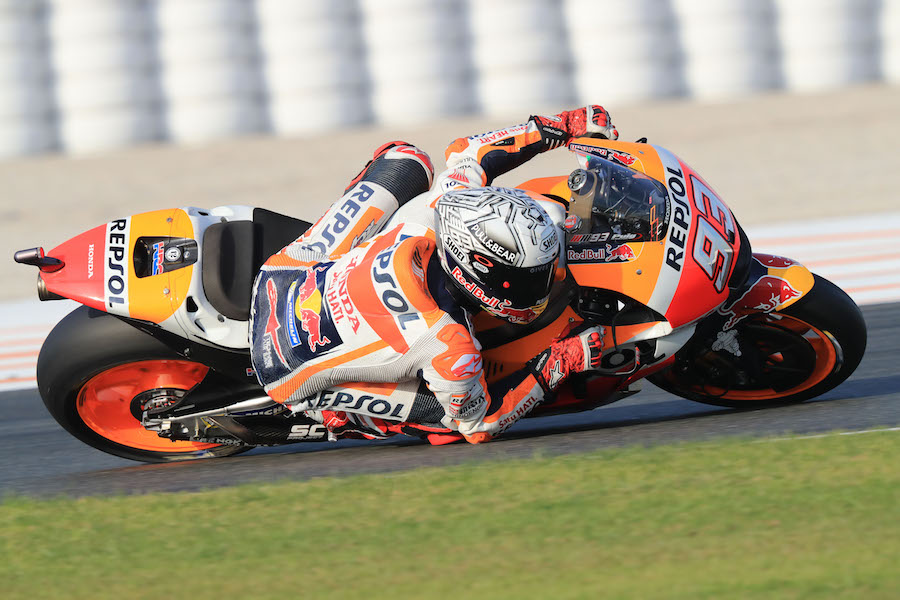
KTM
Wins 0
Points 69
Final position 5th
Team KTM’s first season in MotoGP was very impressive. At Round 1 in Qatar their race pace was 1.7 seconds a lap off the leader. By Aragon they had reduced that gap to six tenths.
The factory worked fast and was prepared to take risks with new components that their rivals most likely wouldn’t. They rolled the dice for the first time in May, when they gave riders Pol Espargaró and Bradley Smith a new big-bang engine to replace the RC16’s original screamer.
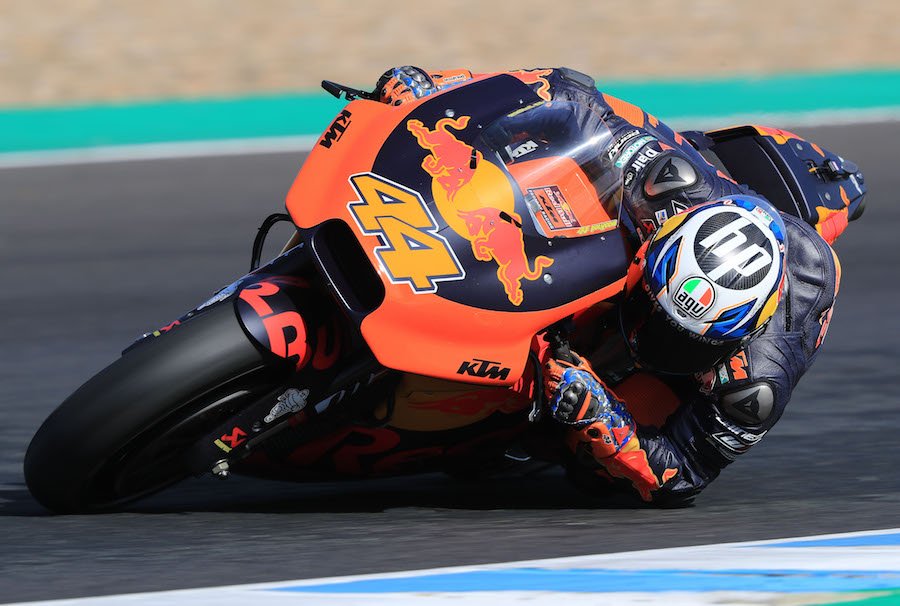
SUZUKI
Wins 0
Points 100
Final position 4th
Suzuki was one of two factories that went backwards last season. During 2016 Maverick Viñales took the GSX-RR to one victory and three further podiums. In 2017 Andrea Iannone and Álex Rins didn’t score a top-three result.
The factory’s problems weren’t all technical. They started the season with a new rider line-up: Rins was a rookie and Iannone had come from Ducati, a totally different kind of motorcycle. Then Rins missed a third of the season through injury, while Iannone struggled to adapt to the GSX-RR. He frequently lost the front and crashed, but his major trouble was wheelspin. His results were so poor that by September there were rumours he would be sacked.
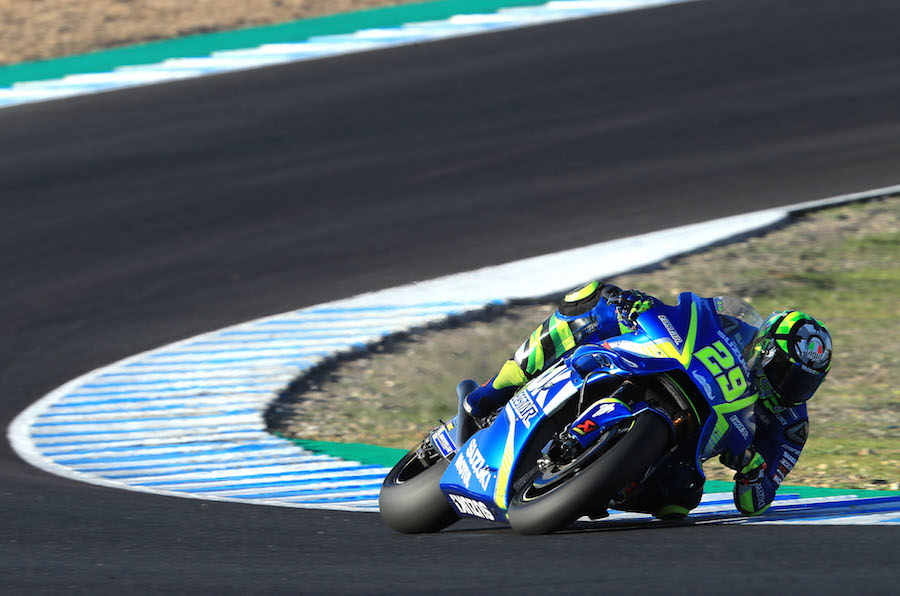
YAMAHA
Wins 4
Points 321
Final position 2nd
Yamaha had one of its worst MotoGP seasons in 2017. The factory has been hurt more than any other by 2016’s tectonic shift in technical regulations. In the two seasons since, Yamaha has won 10 MotoGP races, one less than they won in 2015 alone. This was particularly strange because Viñales started his first season with the factory by winning the first two races, with Rossi also on the podium.
After that they lost their way. The 2017 M1 performed well on high-grip tracks but was a disaster on slippery surfaces. Rossi and Viñales each raced four different chassis during 2017, searching for a way out of the hole into which they had fallen. Both riders could choose whichever 2017 chassis they wanted, but both suffered from corner entry to corner exit.
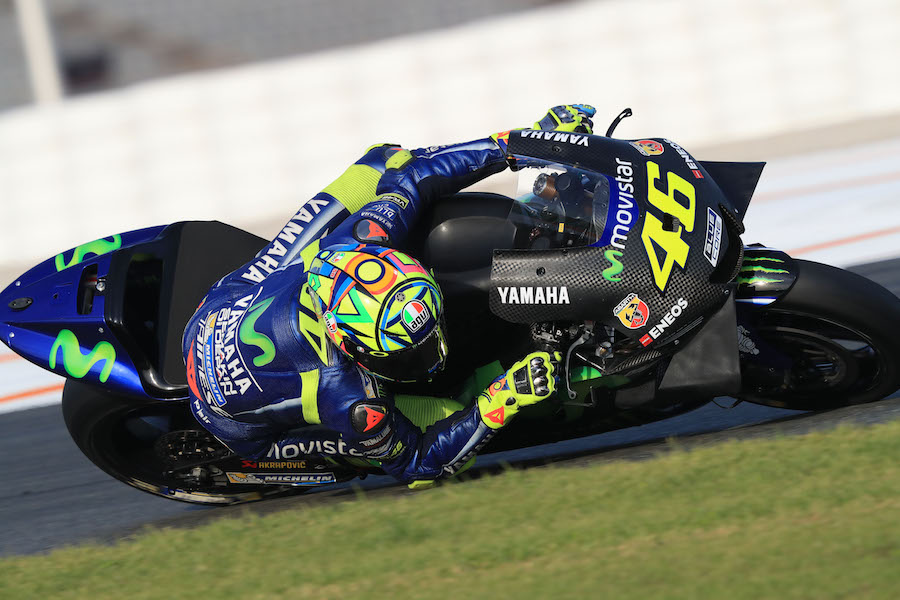
WORDS MAT OXLEY Photos GOLD & GOOSE
Read the full story in the current issue of AMCN (Vol 67 No 13) on sale now
